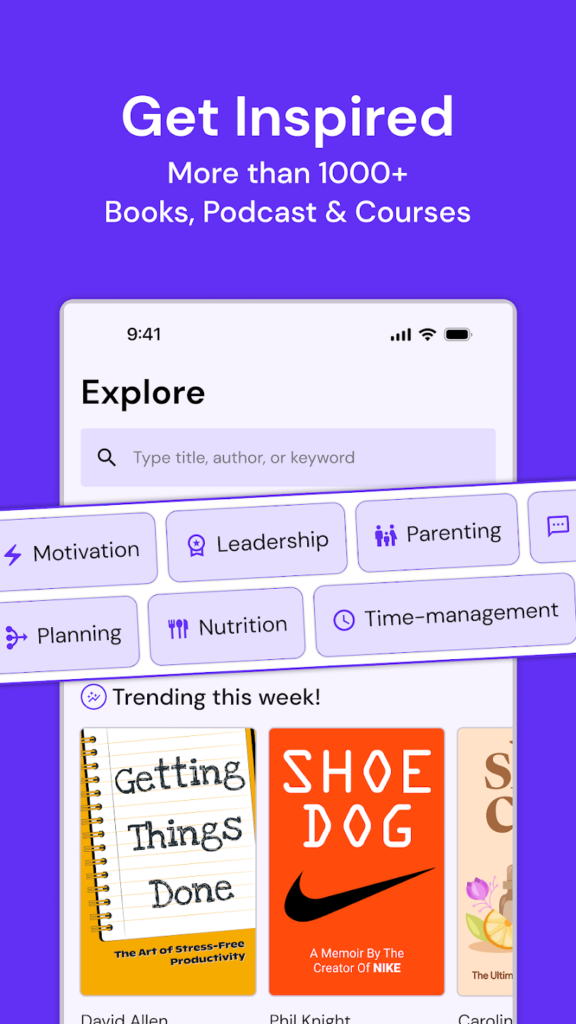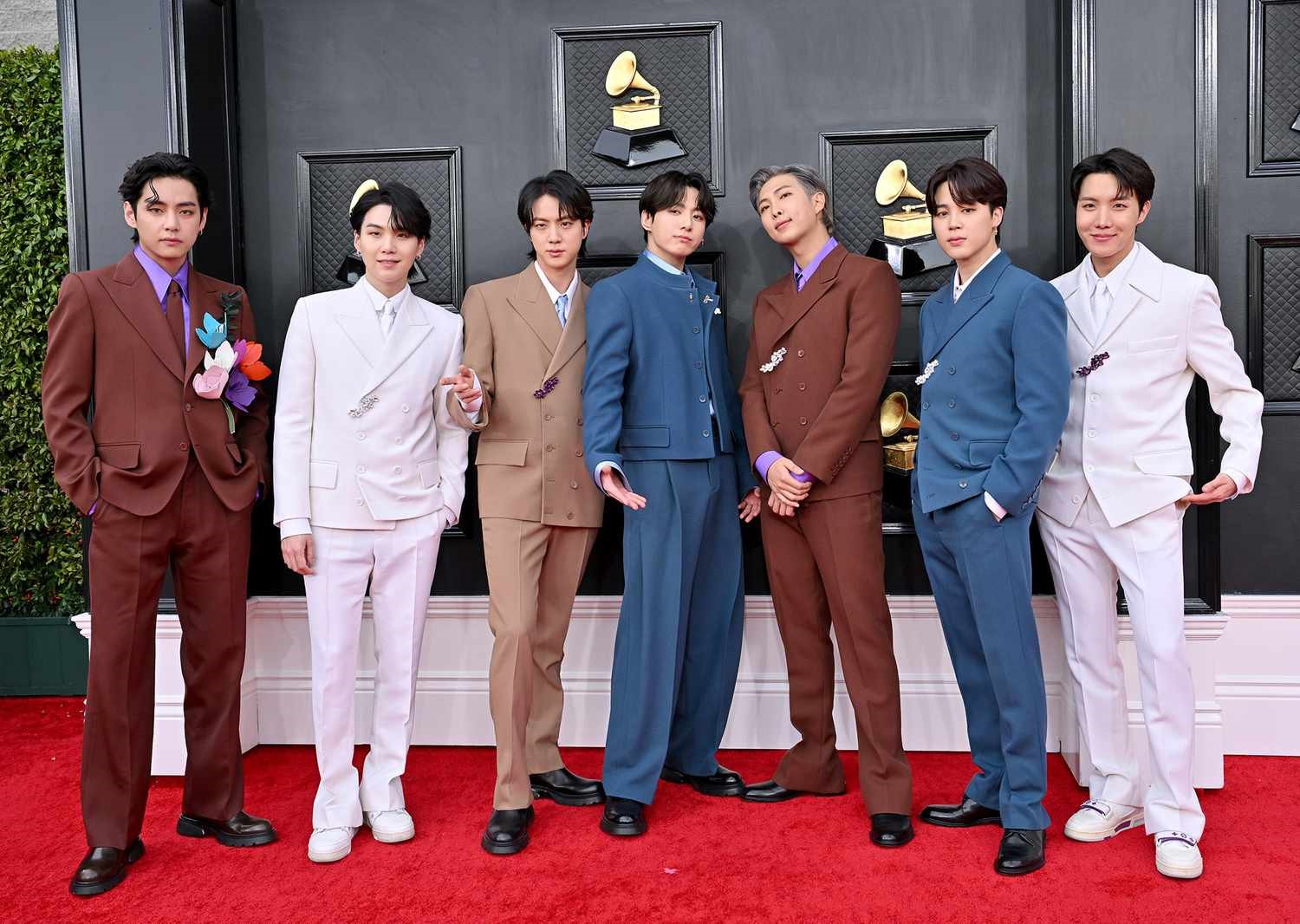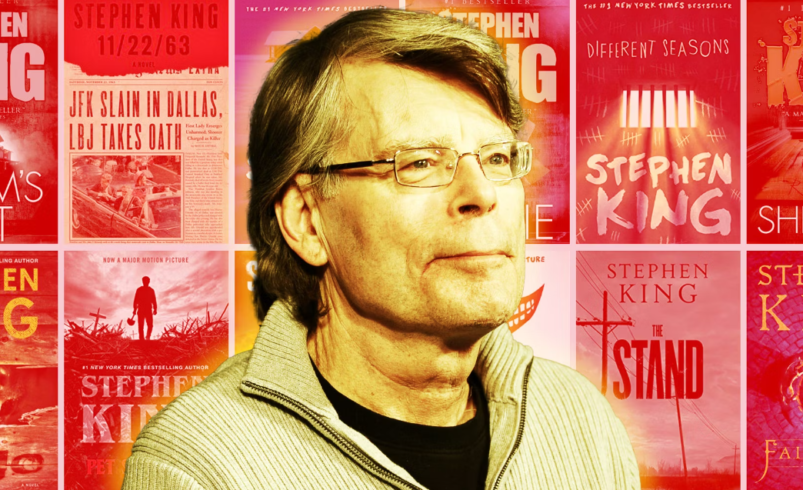
Ah, Stephen King. Arguably one of the most famous authors in the world, who’s known for his impressively disturbing works in horror like IT, The Shining, Pet Cematary, and The Green Mile, is unsurprisingly also an avid reader.
Stephen King also has published other works under the pen name of Richard Bachman to showcase his storytelling prowess in other genres, which includes titles like ‘The Running Man’.
And King himself believes that for all his skill as a writer, he too started out the same way all other writers did – by reading.
Stephen King reads an impressive 80 books a year – that’s more or less two books a week. With a busy schedule like him, that’s way more than impressive – it’s almost unbelievable.
He also covers a wide range of genres, even if he has a special interest in horror. Most of his favourite books even served as inspiration for his own best sellers.
Here we have a list of the Top Ten of Author Stephen King’s Favourite Books:
Contents
- 1 Lord of the Rings (by J. R. R. Tolkien)
- 2 Watership Down (by Richard McAdams)
- 3 1984 (by George Orwell)
- 4 To Kill a Mockingbird (by Harper Collin Lee):
- 5 To Kill a Mockingbird
- 6 Lord of the Flies (by William Golding):
- 7 Invisible Man (by Ralph Ellison):
- 8 American Pastoral (by Philip Roth)
- 9 Blood Meridian, or, the Evening Redness in the West (by Cormac McCarthy)
- 10 The Hair of Harold Roux (by Thomas Williams, Andre Dubus iii)
- 11 The Orphan Master’s Son (by Adam Johnson)
Lord of the Rings (by J. R. R. Tolkien)
Among the most popular books ever written, with its own movie and tv shows and other spin-offs, the Lord of the Rings is a huge franchise that was built upon the original books by J. R. R. Tolkien. It’s a rather interesting story, written in a drawling style that describes trees for pages but battle scenes for half a paragraph – quite interesting, if you think about it. Tolkien even made up an entire language for the hobbit species in the book. The line, ‘In a hole in the ground there lived a Hobbit,’ is quite famous and well-known, taken from the prequel to The Lord of the Rings, The Hobbit. The LotR itself starts with the line, “When Mr. Bilbo Baggins of Bag End announced that he would shortly be celebrating his eleventy-first birthday with a party of special magnificence, there was much talk and excitement in Hobbiton.” A fun, rather unexpected read.
Watership Down (by Richard McAdams)
This book presents an interesting adventure story, with cute little rabbits often on the cover – but don’t be fooled, the book has actually been banned by individual schools due to its violent content. We can see a pattern in Author Stephen King’s interests now. The book was called ‘bizarre’ by publisher Collings’ associate, but it went on to win several awards, and even got adapted into animated cartoons and tv shows.
1984 (by George Orwell)
An all-time classic, a highly celebrated novel, the book that’s always on the summer reading list from school, something that would’ve won the Nobel and the Booker and other awards in today’s world for how praised it is (surprisingly, George Orwell never received any awards in person), 1984, written in 1948, presents what George Orwell can imagine a dreary future would be like, showing a sad world where every action is controlled for political propaganda. There is no privacy, and bogus rules run rampant. For a book so old, 1984 is written surprisingly clearly, and quite an enjoyable read for the modern soul who doesn’t mind pages and pages of roundabout hatred for an unknown figure and the party he backs.
To Kill a Mockingbird (by Harper Collin Lee):
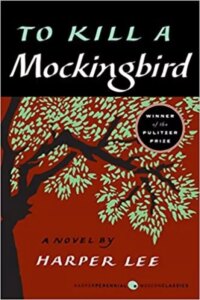
Another celebrated book, this time which won lots of awards, To Kill a Mockingbird has become a classic of American Literature, part of the reading lists at schools and for competitive exams even. The book is based loosely on Harper’s real life and real people she knew, and deals with darker topics like rape and racism/racial inequality – the title would suggest that Harper Collin actually just really hated mockingbirds. The book has faced many controversies, with conservatives wanting it removed for its dark themes while the British Librarians ranked it even above the Bible as a book every adult should read in their lives. Surprisingly, Harper Collin Lee only ever wrote this one book – her single other published work is just an earlier draft of To Kill a Mockingbird.
Lord of the Flies (by William Golding):
The name often makes one mistake it for a parody of the Lord of the Rings, but the Lord of the Flies was written as a different sort of parody – for Robinson Crusoe, and Coral Island. Robinson Crusoe was a childhood favourite of William Golding, and it is noted that he is said to have written the Lord of the Flies to present a ‘realistic’ situation if a group of boys were truly marooned on a supposedly deserted island. Because of the old style of writing, most readers would find this a difficult read, and the book delves into darker themes of savagery in young boys later on as well. Definitely something a horror author would love.
Invisible Man (by Ralph Ellison):
Another book which won several awards but was the author’s only work, this Invisible Man has a story quite different from H. G. Wells’ more popular ‘The Invisible Man’. The story is about a totally visible man who felt invisible due to racial discrimination and other hardships in life. It is written as a story the said invisible man narrates from a brightly lit room.

American Pastoral (by Philip Roth)
Another novel dealing with social dilemma and unrest, delving into violence stemming from such issues and events, American Pastoral was adapted into a movie in 2016 and has won several awards as well.
Blood Meridian, or, the Evening Redness in the West (by Cormac McCarthy)
A rather long and strange title, Blood Meridian is an epic historical novel classified under the western – or sometimes anti-western – genre. The story follows a person named ‘the kid’ who is from Tennessee, and his experience with a group of scalp hunters (people who sliced off scalps with the hair attached as a trophy) called the Glanton Gang. Another book dealing with America’s turbulent and violent history, the novel was initially received with lukewarm appreciation, but slowly grew in acclaim. It is also a rather difficult book to read because the author uses a strange language to write, and the topics involved are rather gory. There were several attempts to make a movie adaptation which failed, but news of another attempt is up and about.
The Hair of Harold Roux (by Thomas Williams, Andre Dubus iii)
A rather depressing novel exploring the life of a depressed professor who decided to take a leave from teaching to write a novel, also called The Hair of Harold Roux, the book explores themes of mortality and everyday life and how it collides with the craft of storytelling.
The Orphan Master’s Son (by Adam Johnson)
Yet again a book dealing with political propaganda, but this time about the forbidden North Korea. The Orphan Master’s Son deals with topics like intertwined propaganda, identity, and stage power swirling around in North Korea. There are two parts to the book, with the first part detailing the biography of the character Park Jun Do, an orphan who acted like the leader of the orphans, but was always obedient to his ‘father’, the master of the orphanage. The children there are conscripted into military service at the age of 14, where Jun Do serves faithfully, even with feelings of guilt and doubt occasionally. Jun Do goes on to become famous after being declared a national hero for an incident, and made part of a diplomatic delegation travelling to America. A few things go wrong and the entire delegation party is tricked into entering a jail mine, ‘ceasing to exist officially’. However, the second part presents the story of a new character, Commander Ga Chol Chun, who was under questioning for the accusations of killing his wife, a famous actress, and their children. The story continues with the questioner finding out Ga Chol Chun is actually Jun Do, and a dramatic play between American and North Korean forces attempting abductions and stealing technology and so on. It’s not as dark or dreary as one would expect a book about North Korea to be about, but rather an interesting story about interesting characters.
And this concludes our list of Author Stephen King’s Favourite books. As a critically acclaimed author with over 50 best sellers, it’s no wonder that most of King’s readings are on difficult themes and events, and sometimes with even difficult language.
To read more is always the first step to writing better, however. And knowledge comes from reading, as well. Even if you’re busy, it’s always recommended to consume as many books as you possibly can.
Have you read any of Stephen King’s favourites? Whether you’re an aspiring author or just another curious soul shocked by the sheer number of books our dear author reads in a single year, worry not – Wizdom is here for you.
If you want to catch up to great writers like Stephen King, you can use Wizdom to get bite-size summaries of books as well as audio recordings of them.
Download Wizdomapp today to start your own journey to 80 – or more – books a year!

Zia Hawwa
Currently pursuing a Degree in Criminology, Zia’s passions lie in the world of literature and the human psyche. She loves what the world has to offer, and is always on the journey of satisfying her curiosity.
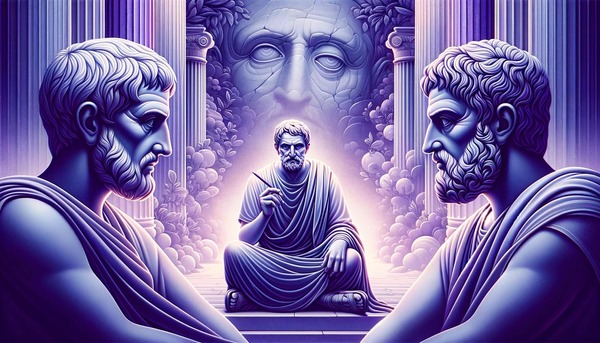
What is the Difference between Stoic and Stoicism?

The Best Quotes About Strength
Recent Posts
- 25 Top Quotes from The 10X Rule to Supercharge Your Ambition
- 10 Books You Must Read to Succeed in Your Career
- 30 Little Tricks for Big Success in Relationships
- 25 Life-Changing Self-Help Books to Read This December: Boost Your Mood and Your Mind
- 25 Amazing Self-Care Tips for December: Wrap Yourself in Joy, Not Stress

